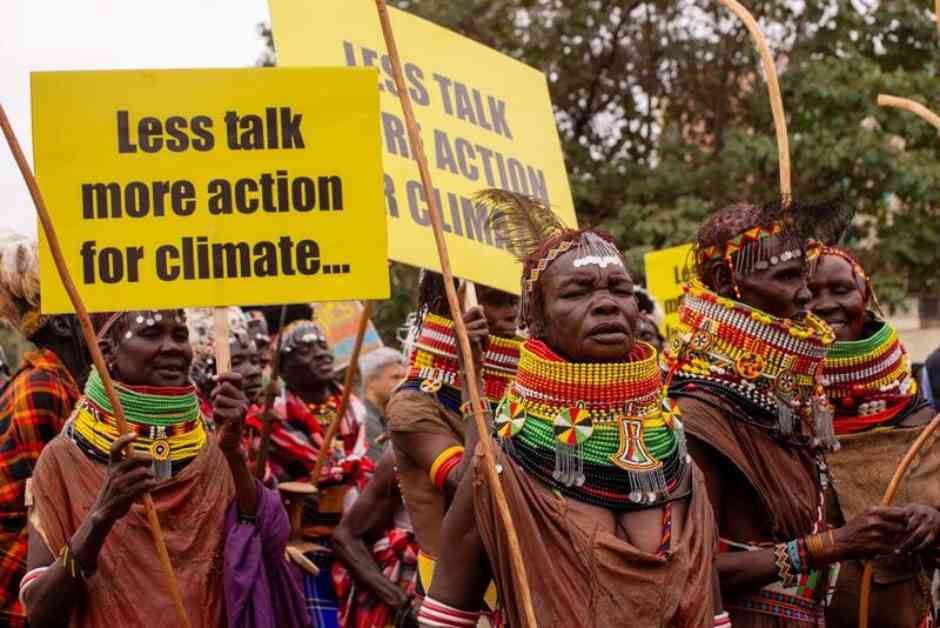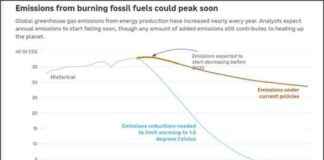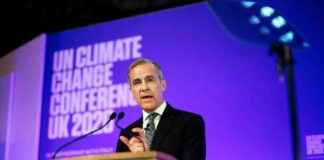Kenya, the land of safaris and stunning landscapes, is making waves in the climate finance world with its ambitious national climate plan. The country is aiming to rake in millions of dollars in climate finance by delving into the voluntary carbon market. However, things are not all sunshine and rainbows as two major offsetting projects are facing scrutiny due to tensions with local Indigenous communities.
Verra, the big shot in certifying carbon credits globally, recently hit the pause button on the Northern Kenya Rangelands Carbon Project (NKRCP) for the second time. This move came after a Kenyan court ruling earlier this year that raised concerns about the project’s management by Northern Rangelands Trust (NRT). The court found that two conservancies set up by NRT were established unconstitutionally, leading to a wave of discontent among the local Indigenous communities. Survival International, a charity dedicated to protecting tribal peoples, shed light on the flaws in obtaining consent from participating communities and breaches of the Community Land Act. Additionally, they questioned the project’s carbon storage calculations, claiming they were based on unfit monitoring information.
NRT, in response to the scrutiny, announced leadership changes and emphasized that the project remains compliant with the requirements of the Verified Carbon Standard. The recent suspension by Verra does not necessarily point to new concerns about the project’s methodology but rather reflects a need for due diligence following the court ruling. Despite the challenges faced by the NKRCP, Kenya is still forging ahead with its plans to tap into the voluntary carbon market to secure funding for its climate change policies.
Tensions are also simmering in the Kajiado County, where the Kajiado Rangeland Carbon Project (KRCP) is awaiting certification. The project, which aims to remove millions of tonnes of carbon from the atmosphere and protect biodiversity, has encountered resistance from villagers, particularly the Maasai people. The community members voiced their opposition during a meeting, preventing the signing of a lease for a significant portion of land as part of the KRCP. Accusations of improper consent procedures and false signatures have further fueled the dispute.
As Kenya grapples with climate-related challenges like floods and droughts, the need for international funding, including from the voluntary carbon market, becomes more pressing. President William Ruto views carbon credits as a potential export for the country and is optimistic about the benefits it could bring to host communities. However, concerns about the credibility of carbon credit projects, coupled with global skepticism around carbon offsetting, pose significant hurdles to the country’s climate ambitions. Critics argue that the approach may not deliver real emissions reductions and could perpetuate global inequalities.
Despite the setbacks and controversies surrounding carbon offsetting projects in Kenya, the country is determined to pursue its climate goals. The road ahead may be bumpy, but with a focus on protecting local people’s rights and ensuring environmental integrity, Kenya is poised to make a significant impact in the fight against climate change. Whether the voluntary carbon market will prove to be a boon or a bane for the country remains to be seen, but one thing is for sure – the journey towards a sustainable future is filled with challenges and opportunities alike.














